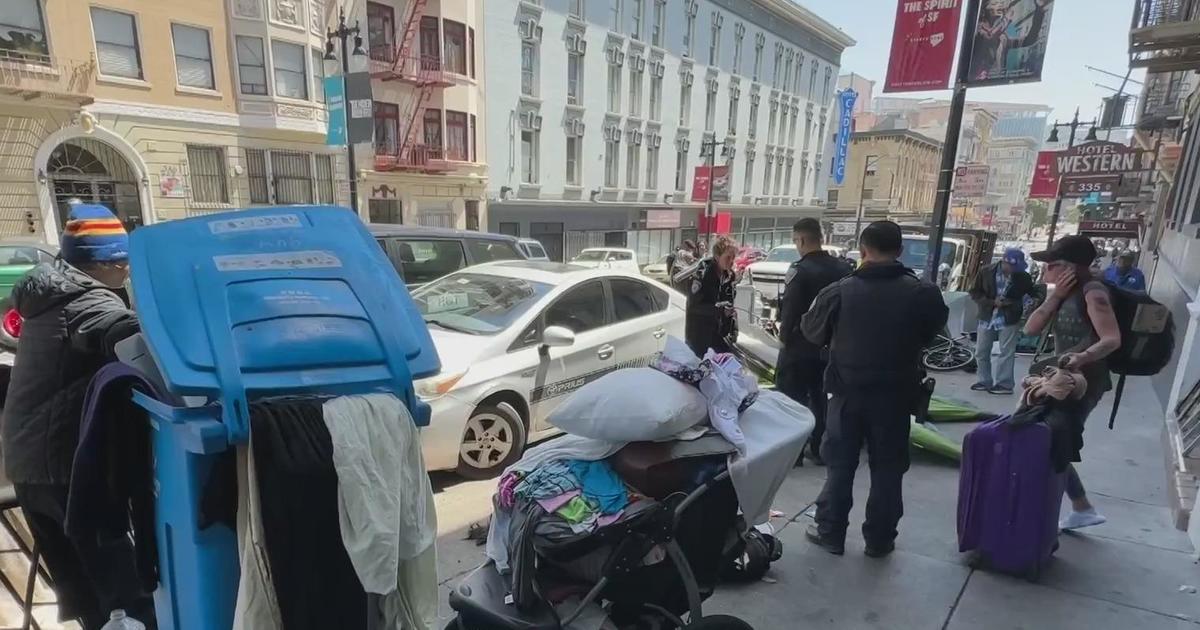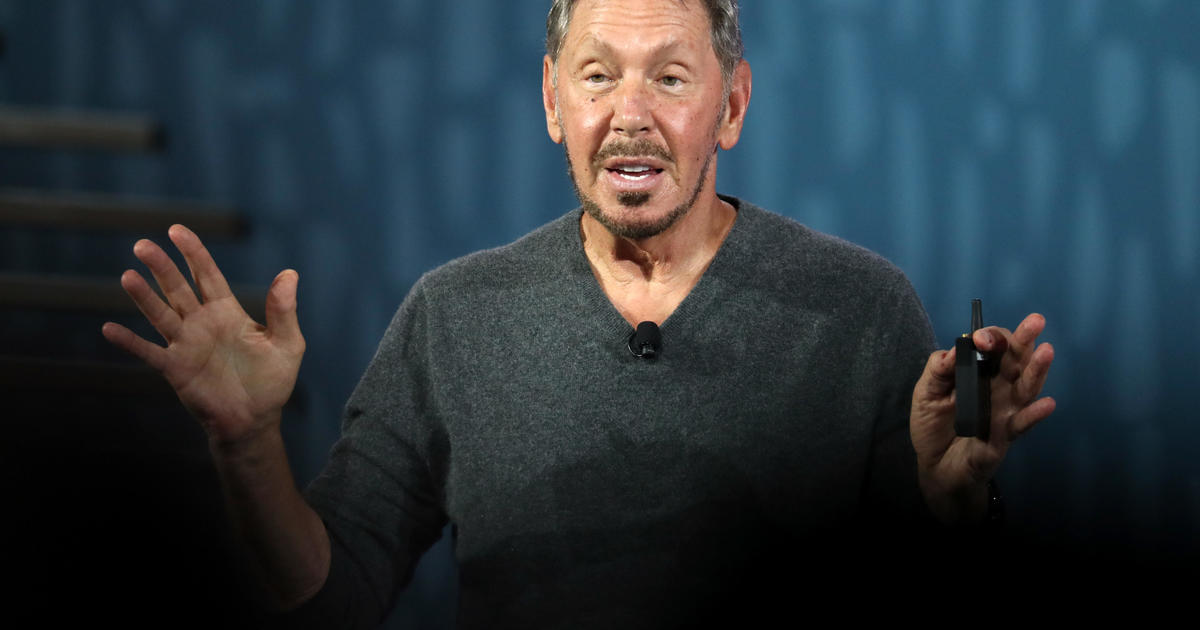Sessions Denies Stonewalling On Comey Questions, Colluding With Russians
WASHINGTON (CBS/AP) -- The nation's top law enforcement officer insisted Tuesday that he was "not stonewalling" by declining to answer some questions involving "confidential communications" with President Trump, and any suggestion he colluded with Russia to interfere in the 2016 presidential election was "an appalling and detestable lie."
Attorney General Jeff Sessions, testifying before the Senate Intelligence Committee, said he was simply following Department of Justice policies by limiting the information he gave the committee about presidential communications. When Sen. Ron Wyden (D-Oregon), pressed Sessions for more information after fired FBI Director James Comey told the committee last week there were "problematic" reasons why Sessions needed to recuse himself from the FBI's investigation into Russian election meddling, Sessions responded with perhaps the most memorable line of his testimony.
"Sen. Wyden, I am not stonewalling," Sessions said.
"I am following historic policies of Department of Justice," Sessions continued. "You don't walk into any hearing or committee meeting and reveal confidential communications with president of the United States, who is entitled to receive confidential communications in your best judgment about a host of issues."
Sessions insisted there are no problematic reasons why he recused himself from the investigation, saying there is a "secret innuendo being leaked out there about me, and I don't appreciate it."
Tuesday marked Sessions' first public testimony since he recommended Comey's firing last month. Attorney General Rod Rosenstein wrote the justification for Comey's firing -- his mishandling of the Hillary Clinton email investigation -- and Sessions wrote the memo recommending Comey's ouster to Mr. Trump.
But Sessions on Tuesday declined to divulge much information about Comey's firing beyond what was already publicly known.
His testy exchanges with Democratic senators contrasted with the Republican senators' treatment, which tended to support Sessions' contention that he was being unfairly painted by allegations of being involved in Russian meddling.
Besides Wyden, several other Democratic senators pressed Sessions over his refusal to discuss his conversations with President Trump over Comey's firing.
A week after being cut off by Republicans while questioning Trump administration officials, Democratic Sen. Kamala Harris of California was cut off again Tuesday while questioning Sessions.
As did other senators, Harris was questioning Sessions about his legal basis for refusing to answer questions. As Sessions evaded specifics, Harris pressed, prompting Republican Sen. John McCain to interrupt Harris, as he had last week, and say the witness should be allowed to answer.
Last week, panel Chairman Richard Burr admonished Harris. This week, he asked her to simply let him answer. She did, but wasn't satisfied as Sessions continued to evade. As she asked for a yes or no answer, Burr cut her off for the last time, saying Harris' time had expired.
Sessions also said he has not received any briefing -- classified or otherwise -- on the FBI's investigation into Russian election meddling, including during the time between his February 9 swearing in and March 2 recusal from the FBI's Russia probe.
Saying he only knows what he reads in newspapers. Sessions said "it appears" Russians attempted to interfere in the election, based on what the intelligence community believes. Federal agencies in the intelligence community released a report in early January concluding Russia meddled in the presidential campaign cycle.
"I received only the limited information that the department's career officials determined was necessary to inform my recusal decision," Sessions said. "As such, I have no knowledge about this investigation beyond what has been publicly reported, and I have taken no action with regard to any such investigation as it is ongoing today beyond what has been publicly reported and I don't even read that and I have taken no action with regard to any such investigation."
At the same time, Sessions said the U.S. doesn't have a sufficient strategy to deal with cyberattacks. But Sessions' lack of any briefing on Russian election meddling raises the question of who is in charge of preventing a state-sponsored cyber attack.
Comey, who testified before the same committee last week, said he couldn't discuss the "problematic" reason the FBI believed Sessions needed to recuse himself from the Russia investigation.
The White House, which was slow to say whether President Trump has confidence in Sessions, finally confirmed at the end of last week that the president does have confidence in the country's top law enforcement officer.
Sessions was involved in the Trump campaign since early 2016. Sessions cited his involvement in the Trump campaign -- and his involvement in the Trump campaign alone -- for his recusal.
TM and © Copyright 2017 CBS Radio Inc. and its relevant subsidiaries. CBS RADIO and EYE Logo TM and Copyright 2017 CBS Broadcasting Inc. Used under license. All Rights Reserved. This material may not be published, broadcast, rewritten. The Associated Press contributed to this report.



